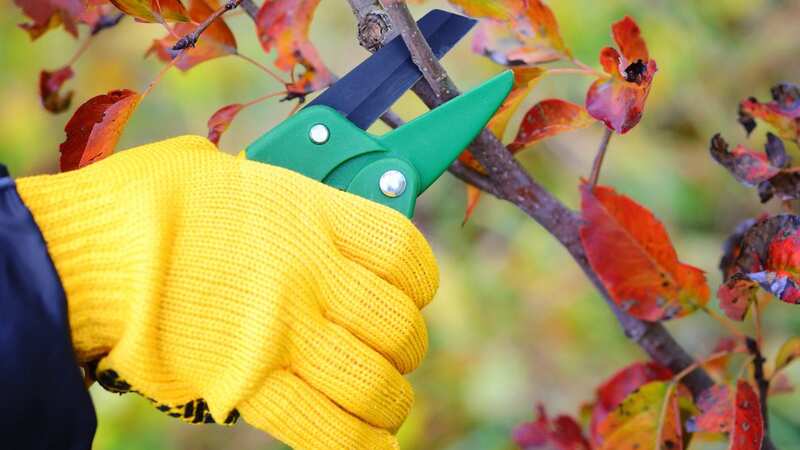Monty Don shares shrubs that need pruning in January for 'vigorous' growth

With icy temperatures and snow currently covering parts of the UK, spring may seem like a long way away - nevertheless, gardening expert Monty Don says it's time to start prepping the garden.
The British horticulturist and BBC star has urged Brits to embrace the cold and put on their gardening gloves, as some jobs are extremely time-sensitive. In particular, Monty Don says January is the "best time of year" to prune decorative trees and shrubs. In a blog post to MontyDon.com, the Gardener's World presenter says he tries to prune his pleaches lime trees and hedges in January as it helps encourage "vigorous" growth during the springtime.
At this time of year, Monty says the limes have all their new growth removed which takes it back to its "basic structure" which will renew itself in the spring. He added: "This creates thousands of brightly coloured whippy stems that we shred and use as mulch and for temporary paths."
Alongside this, Monty explained that it was the "best time" to cut back weak hedges as when you cut them now they will regrow "with extra vigour". However, if you hold off the trim until the summer it could restrict the growth. He added: "If you have a very overgrown deciduous hedge it can be taken back right to the ground and will regrow afresh to make a hedge that is thicker and denser but more manageable."
Monty warns that these techniques do not work for all hedges. Evergreen hedges - other than the yew, box and holly - should not be tackled during January and these should be cut back during the spring.
 Gardening expert shares exact date when you should cut grass after winter
Gardening expert shares exact date when you should cut grass after winter
Another task which can be taken on in January is making garden compost. Monty said the "fall-outs of Christmas" is the "enormous amount of paper it generates" and all this excess can be thrown onto the compost heap. Over the coming few months, the leftover carbon-rich paper and the "green" nitrogen-rich materials such as mown grass will all rot down in your compost. Finally, another job for January is to sieve your already established compost and bag it up ready to add to potting compost for the flurry of sowing in spring.
Read more similar news:
Comments:
comments powered by Disqus

































